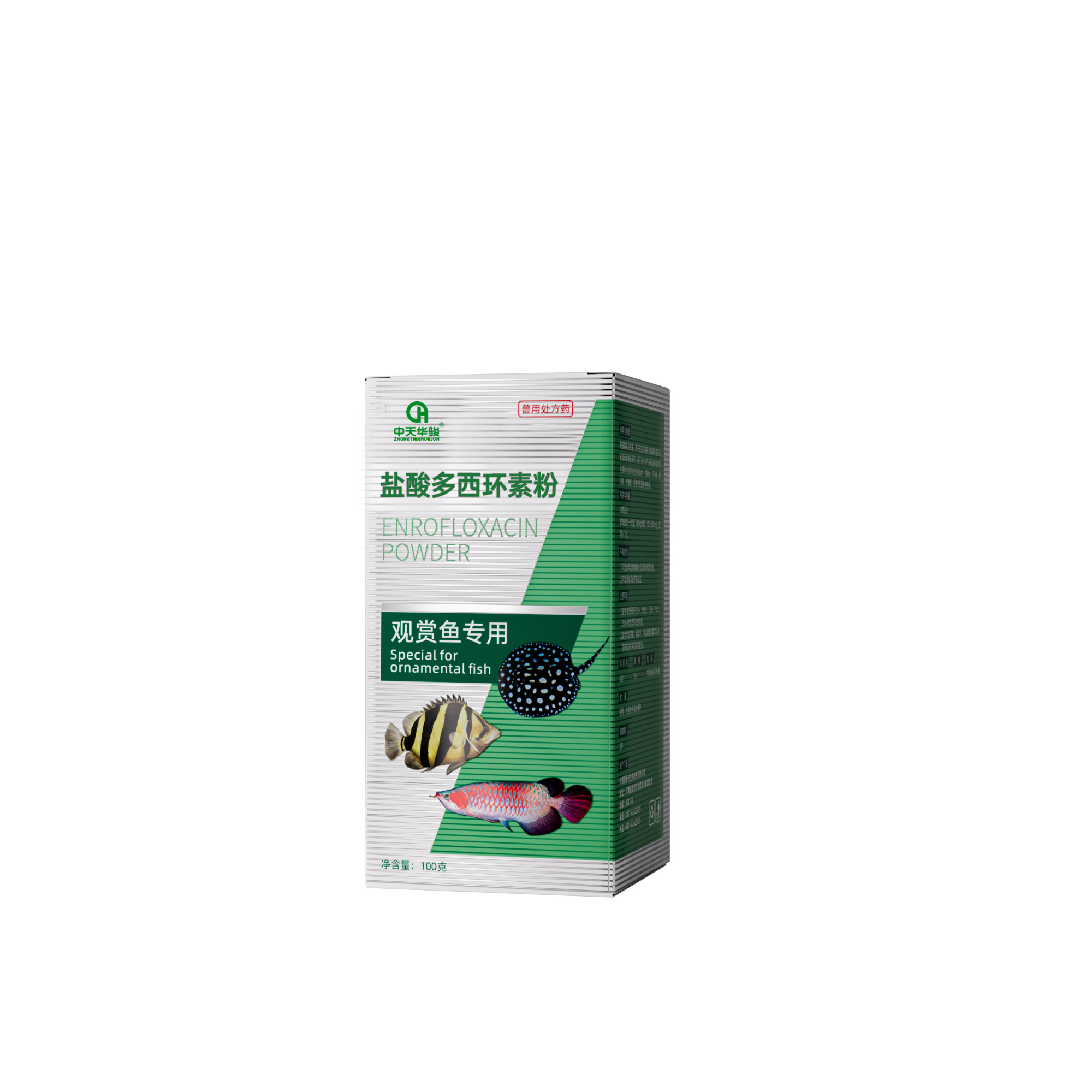
நவ் . 08, 2024 10:05 Back to list
Oral Dosage Guidelines for Ivermectin in Swine Production
Ivermectin Oral Dosage for Pigs Understanding Manufacturer Guidelines
Ivermectin is a widely used antiparasitic medication that plays a critical role in veterinary medicine, especially in swine production. As pig farmers and veterinarians continue to seek methods for maintaining the health and productivity of their herds, understanding the appropriate oral dosage of ivermectin for pigs, as outlined by manufacturers, becomes essential.
What is Ivermectin?
Ivermectin is an antiparasitic agent that belongs to the avermectin class. It is effective against various internal and external parasites, such as roundworms, lice, and mange mites, which can significantly impact the health and performance of pigs. By preventing and controlling these infestations, ivermectin can contribute to better growth rates, improved feed conversion, and overall productivity.
Manufacturer Guidelines for Dosage
The recommended dosage of ivermectin can vary based on several factors, including the specific formulation, the weight of the animals, and the type of parasites being targeted. Generally, the typical oral dosage of ivermectin for pigs ranges from 0.2 to 0.4 mg/kg (milligrams per kilogram of body weight). This means that for a pig weighing 100 kg, the dosage would be approximately 20 to 40 mg of ivermectin.
It is crucial for producers to follow manufacturer guidelines closely when administering ivermectin. Different formulations may have varying concentrations, and using the correct dosage is vital to ensure efficacy while minimizing the risk of resistance development in parasites.
Preparation and Administration
ivermectin oral dosage for pigs manufacturer

Ivermectin is available in various forms, including liquid solutions and injectable formulations. When using an oral solution, it is important to ensure that the pigs receive their full dosage. This may involve using specialized dosing syringes or measuring devices that guarantee accuracy. If the medication is mixed with feed, care should be taken to ensure that all pigs consume the medicated feed to receive the intended dose.
Safety and Precautions
While ivermectin is generally considered safe when used as directed, certain precautions should be taken. It is crucial to ensure that pigs are not simultaneously treated with other medications that may interact negatively with ivermectin. Additionally, proper handling and storage of the drug are essential. Ivermectin should be stored in a cool, dry place, away from direct sunlight, to maintain its efficacy.
Farmers and veterinarians should also be aware of withdrawal times, especially if pigs are being treated for parasites close to the time of sale or slaughter. Manufacturer guidelines will specify the required withdrawal period for pork products to ensure consumer safety.
Resistance Management
One significant concern in the use of antiparasitic drugs like ivermectin is the potential development of resistance among parasites. To combat this issue, it is essential for farmers to rotate antiparasitic drugs and employ integrated pest management strategies. Regular monitoring and consultation with veterinary professionals can help in the early detection of resistance and in adjusting treatment protocols accordingly.
Conclusion
In conclusion, the oral dosage of ivermectin for pigs is an important aspect that swine producers must understand in order to maintain the health and productivity of their herds. By adhering to the guidelines provided by manufacturers and veterinarians, farmers can effectively combat parasitic infestations while ensuring the safety and well-being of their animals. Understanding the pharmacology, proper administration, and considerations for resistance will contribute to sustainable pig farming practices and promote overall herd health.
-
Immunovital Fish Feed Factory | AI-Optimized Nutrition
NewsAug.03,2025
-
Quality Bacillus Coagulans BC30 Factory - Expert Production
NewsAug.02,2025
-
China Salivation AI with GPT-4 Turbo Features
NewsAug.01,2025
-
Epic Sepsis Factories: AI-Driven Detection with GPT-4 Turbo
NewsJul.31,2025
-
Acute Salpingitis and Oophoritis AI Factory
NewsJul.31,2025
-
Premium China Bacillus Subtilis Supplier & Factory Solutions
NewsJul.30,2025




